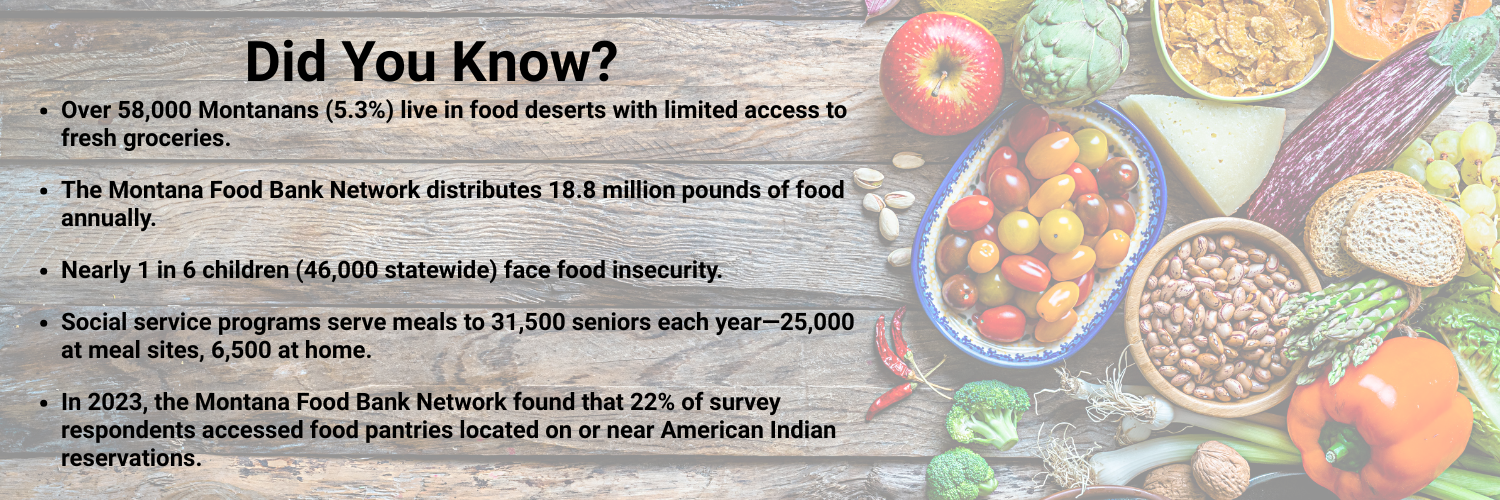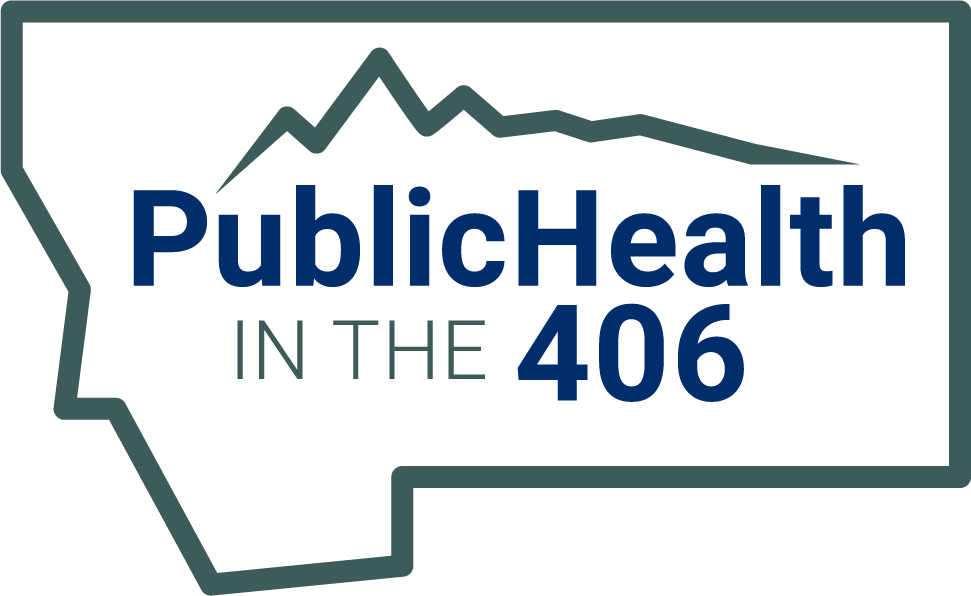Food Security and Sovereignty

Food nurtures us and gives us the resources to live fully. When access to healthy, affordable food is compromised, working, playing and living a meaningful life becomes more challenging. How we nourish our bodies is so much more than what we eat - but how we come together to prepare a meal for ourselves, our friends and our loved ones. Historically, systems of oppression have fought to take away the cultural significance of life-sustaining food away as a means of control.
Food Security & Sovereignty SDOH Areas of Focus
When people have low food security, they have low access to fresh, affordable produce. Even living in urban areas, finding affordable food can be a barrier to food security. Part of having food security is also having the necessary resources and equipment to prepare food.
People living in rural areas can have limited access to affordable, fresh produce in grocery stores. For people who live with chronic disease, such as cardiovascular disease, accessing healthy and nutritious foods is paramount.
Knowing what foods to cook and how to prepare those food in a healthful manner for chronic disease patients can be barrier to following a prescribed diet. Cooking classes for those with diabetes or cardiovascular disease increases the ability for patients to follow suggested diets.
Each culture has their own unique connection to food and special traditions surrounding food and food preparation. People connect to each other and celebrate their own culture through food and the related traditions.
Children who go to school hungry have a harder time focusing and being successful. This can lead to long term effects in higher education and professional careers. In addition, in areas where the cost of fresh produce is higher, families are more inclined to purchase highly processed, less nutritious foods.
Food Security & Sovereignty Resources
- All My Relations: Food Sovereignty
- Deconstructing Dinner
-
Podcast: HeartBEATS from Lifelong Learning™, Professionalism and Ethics Podcast Series: Diversity, Equity, Inclusion, and Belonging. This series is intended to provide concise, timely and actionable steps for cardiovascular professionals, researchers, and educators, to support robust ethical personal and professional behaviors and organizational actions and policies within the context of the current healthcare and scientific environment. This podcast discusses issues of diversity, equity, inclusion and belonging (DEIB), from the viewpoint of healthcare professionals and trainees, including recognition of problems of racial, ethnic, gender and other inequities in the cardiovascular community, followed by embracing and incentivizing change. Learn how you can. Assess the environment, provide trainings, and create metrics, which together can form a framework for actively identifying and addressing these issues.
- Addressing Food Insecurity through a Health Equity Lens: a Case Study of Large Urban School Districts during the COVID-19 Pandemic
- Food sovereignty, food security and health equity: a meta-narrative mapping exercise
- Food sovereignty, health, and produce prescription programs: A case study in two rural tribal communities
- Abundant Montana
- Buffalo Nations Food System Initiative -
(BNFSI) at MSU. BNFSI is Indigenous-led and builds collective, collaborative, and proactive capacity for Indigenous food sovereignty. BNFSI at MSU will credential Indigenous food systems professionals and enhance research using Indigenous knowledge systems as a primary source of understanding and Western Science as a companion way of knowing.
- Confederated Salish & Kootenai Tribes Food Sovereignty Program
- Farm to Table on the Flathead Reservation
- Montana Food Bank Network
- Montana Indigenous Food Sovereignty Initiative: The Montana Indigenous Food Sovereignty Initiative (MIFSI) is a 501c-3non-profit intertribal collaboration of Indigenous young professionals and elder-mentors committed to working as relatives to build shared capacity for Indigenous food sovereignty. The mission of MIFSI is to collaborate with people across the state on local, regenerative, and culturally specific food systems that aim to protect, cultivate, distribute, and increase access to Indigenous foods through the exchange of knowledge, skills, and equipment. MIFSI is part of the Buffalo Nations Food System Initiative (BNFSI) at MSU.
- USDA Indigenous Food Sovereignty Initiative



